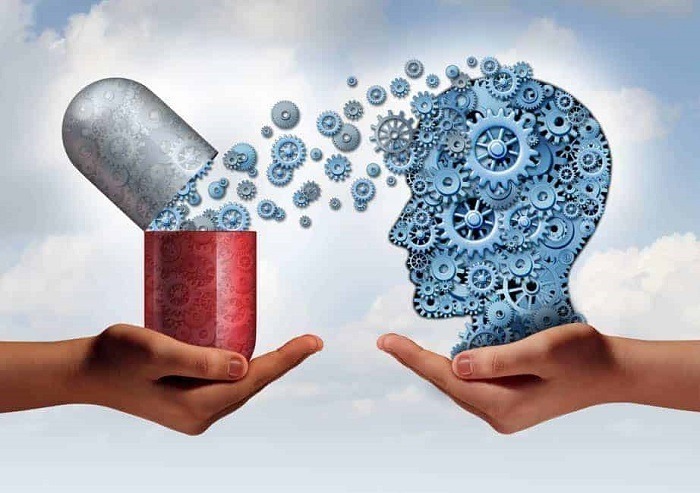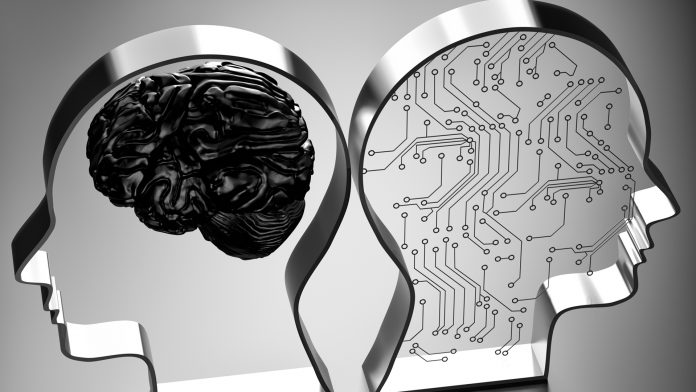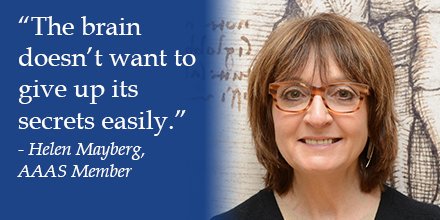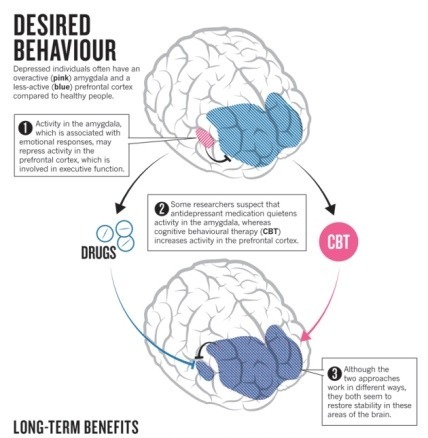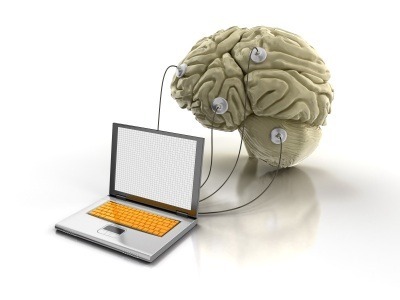Posts Tagged ‘antidepressant’
Study: Antidepressant vortioxetine combined with cognitive training may help delay cognitive decline
Can Pharmacological Augmentation of Cognitive Training Remediate Age-Related Cognitive Decline? (The American Journal of Psychiatry): A gradual decline of cognitive function and concurrent loss of brain volume is an expected process even in healthy aging. What if, however, this process could be delayed, reversed, or even prevented? This question has become increasingly relevant as the…
Read MoreMachine-learning study finds EEG brain signatures that predict response to antidepressant treatments
– Brain-wave pattern can identify people likely to respond to antidepressant, study finds (Stanford Medicine press release): “A new method of interpreting brain activity could potentially be used in clinics to help determine the best treatment options for depression, according to a study led by researchers at the Stanford School of Medicine. Stanford researchers and…
Read MorePersistence pays off: After 8‑year follow-up, study finds robust and sustained antidepressant response to deep brain stimulation (DBS)
__________ Long-Term Follow-Up Data Shows Deep Brain Stimulation Is an Effective Treatment for Treatment-Resistant Depression (Mount Sinai press release): “A study published online on Friday, October 4, in The American Journal of Psychiatry found that deep brain stimulation (DBS) of an area in the brain called the subcallosal cingulate (SCC) provides a robust antidepressant effect…
Read MoreTherapy or antidepressants? Coming soon: Brain activity “fingerprints” to personalize depression treatments
. To Treat Depression, Drugs or Therapy? (The New York Times): “Until recently, many experts thought that your clinician could literally pick any antidepressant or type of psychotherapy at random because, with a few clinical exceptions, there was little evidence to favor one treatment over another for a given patient
Read MoreShould Cognitive Behavioural Therapy (not antidepressant drugs) be the first-line treatment for depression?
— Depression: A change of mind (Nature): “Cognitive therapy, commonly known as cognitive behavioural therapy (CBT), aims to help people to identify and change negative, self-destructive thought patterns. And although it does not work for everyone with depression, data have been accumulating in its favour. “CBT is one of the clear success stories in psychotherapy,”…
Read MoreTo treat depression, we will likely combine neuroplasticity-based brain training games with antidepressants
Computer Games Better Than Medication in Treating Elderly Depression (Live Science): “Computer games could help in treating older people with depression who haven’t been helped by antidepressant drugs or other treatments for the disorder…In a study of 11 older patients, researchers found playing certain computer games was just as effective at reducing symptoms of depression as
Read More
